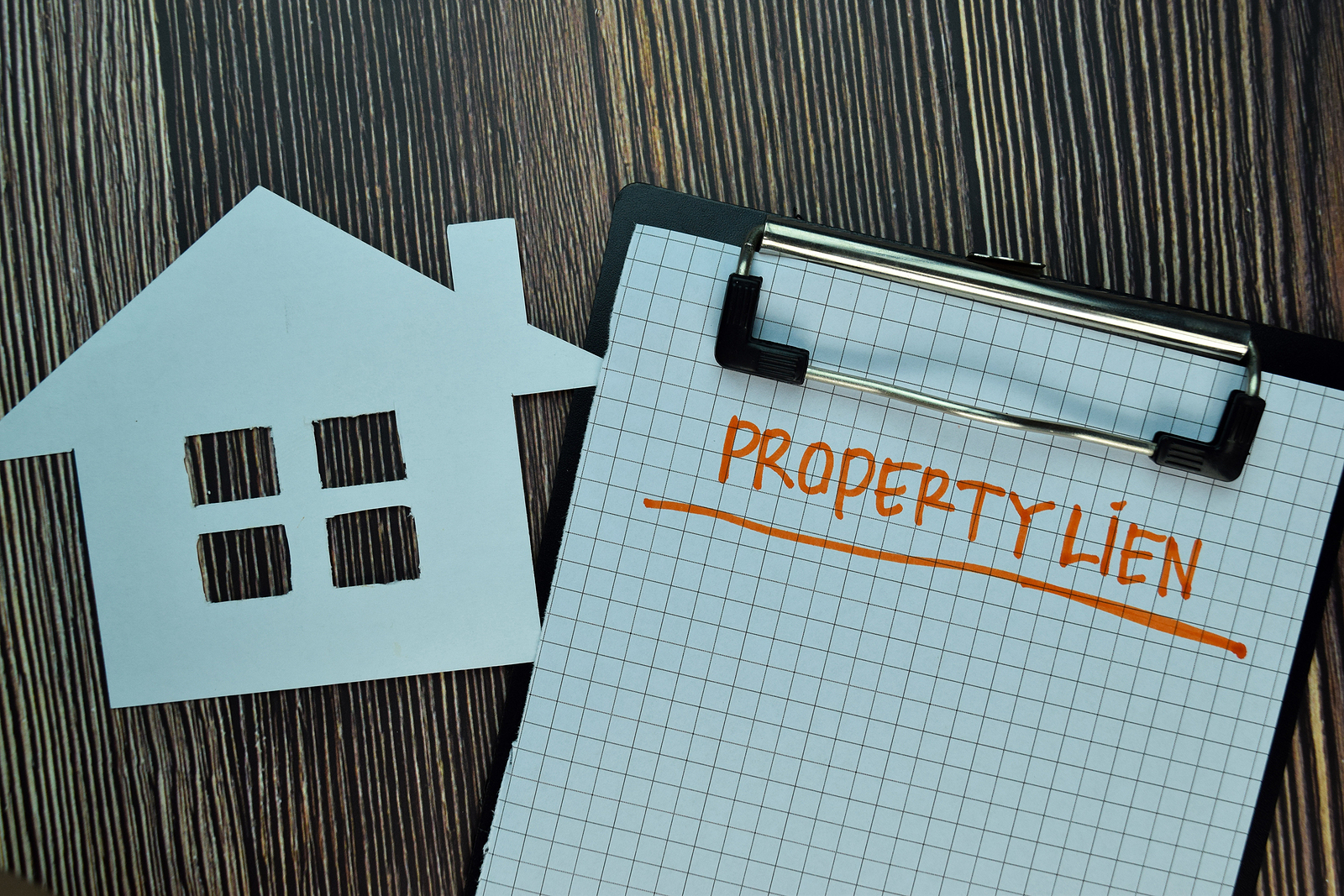| Relevant Downloads and Links | |
|---|---|
| Iowa Association of Municipal Utilities | LINK |
One of the most effective ways of collecting delinquent utility bills is to certify the unpaid bills to the county treasurer for creation of a lien on the property. Section 384.84 of the Code of Iowa provides that all rates or charges for the services of sewer systems, storm water drainage systems, sewage treatment, solid waste collection, water and solid waste disposal are a lien upon the property when those rates and charges are certified to the county treasurer as unpaid. The resulting lien has equal precedence with ordinary taxes, may be collected in the same manner as property taxes, and is not divested by a judicial sale.
Utility Lien Procedures
Section 384.84 requires the city or city utility to provide notice to the account holder of its intent to certify a lien at least 30 days prior to certification. If the account holder is a tenant, and if the owner or landlord of the property or premises has made a request for notice, the notice shall also be given to the owner or landlord. The notice shall be sent to the appropriate persons by ordinary mail not less than 30 days prior to certification of the lien to the county treasurer. A delinquent utility bill stays with the property served by that utility, even if the account holder sells or leaves the property. The lien usually gets paid when the property transfers to a new owner.
Liens can only be certified to the county recorder and applied against the subsequent owner of the property if the delinquent rates or charges were incurred and certified to the county treasurer prior to the date of transfer to the subsequent owner. Delinquent amounts that have not been certified in a timely manner to the county treasurer are not collectible against any subsequent owner of the property or premises.
A lien shall not be imposed for a delinquent charge of less than five dollars. The city or city utility may charge up to five dollars, and the county treasurer may charge up to five dollars, as an administrative expense of certifying and filing the lien. These charges shall be added to the amount of the lien to be collected at the time of payment.
Residential Rental Property
Residential rental properties are exempt from a lien for water service that is separately metered and paid directly by a tenant if the landlord gives written notice to the city utility that the property is a residential rental property and that the tenant is liable for the rates or charges. This lien exemption also applies to the rates and charges that are paid directly by a tenant for the services of sewer systems, storm water drainage systems, sewage treatment systems, solid waste collection systems and solid waste disposal systems.
Utility Deposits
The customer deposit is the next best source for payment of delinquent residential rental utility accounts for which the city has been notified that the tenant is responsible. Code Section 384.84 provides that a city utility may require its customers to pay a deposit not exceeding the usual cost of 90 days of water service, sanitary sewer collection service, sewage treatment service, storm water drainage service, solid waste collection service or solid waste disposal service. Some city utilities return the deposit after a minimum period of prompt payments (e.g. 12 months). However, as to residential rental properties, Section 384.84 only requires repayment of the deposit when the tenant moves from the property. Please see the Utility Deposits and Late Fees page for additional information.






